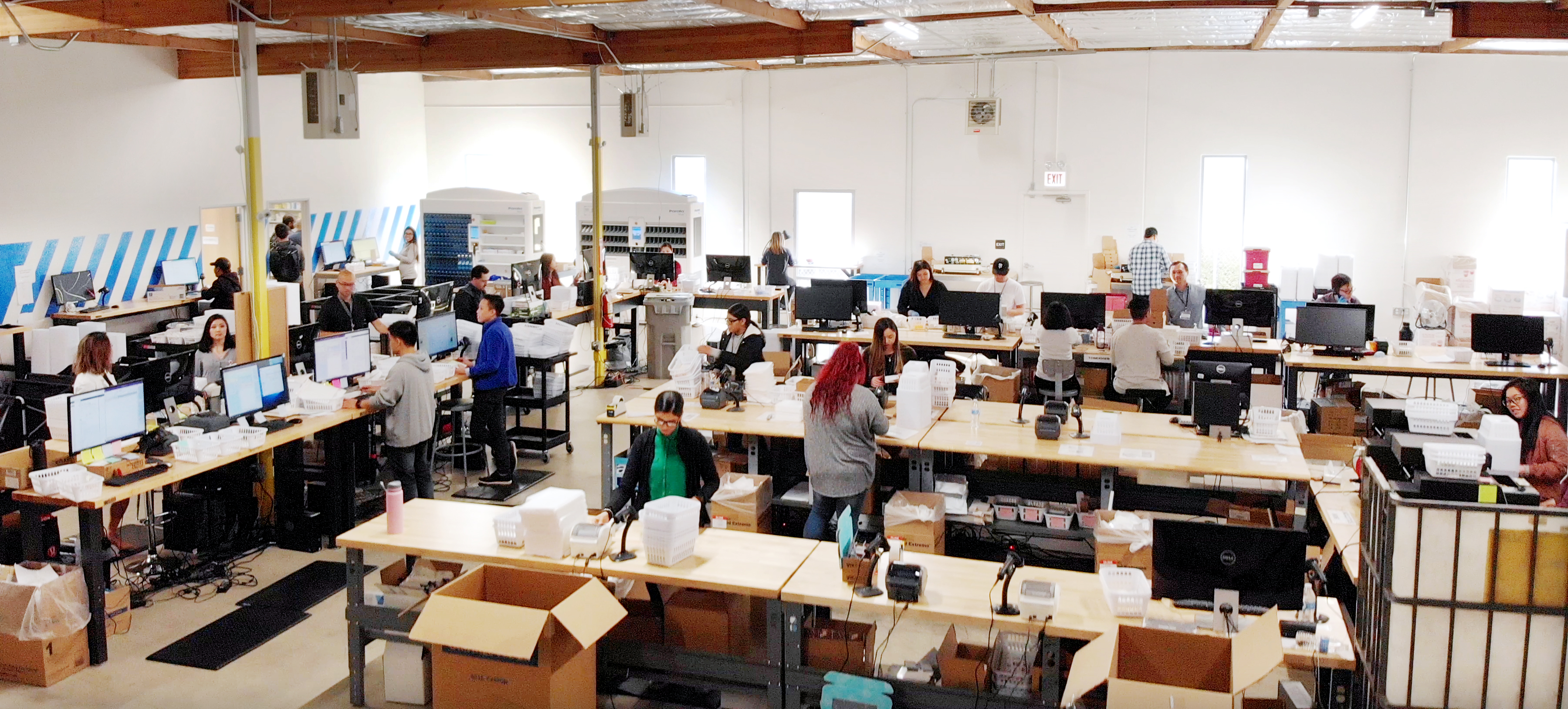The digital healthcare revolution has already begun, and it will gain further momentum in 2022 as providers and patients look for new and better ways to improve care. Companies with strong offerings, management teams and balance sheets are poised to capture tremendous value.
Healthcare deals were hot in the first nine months in 2021. They brought in a total of $21.3 billion in venture funding across 541 deals, dwarfing the previous record of $14.6 billion set in 2020, according to Rock Health.
But startups will continue to lead the way in innovation with the use of AI, IoT and data analytics, especially with data becoming the central currency of healthcare.
Given this environment, here are six emerging trends that we’re watching closely in 2022.
Telemedicine will change how chronic conditions are treated
The pandemic showed how telemedicine could change how we think about care interactions, with virtual visits increasing almost 40 times, according to data from McKinsey. Most of these interactions were centered around acute care. But for telemedicine to achieve its full potential, it will need to engage patients more frequently, especially for certain chronic conditions.
The companies that succeed will be the ones that change the way patients interact with the healthcare system by building their entire operation around the patient experience.
Costs around chronic care are poised to rise as baby boomers age and put greater strain on the healthcare system. One chronic condition where telemedicine will play a larger role is diabetes. That’s why Teladoc Health, a leader in the space, acquired Livongo last year for $18.5 billion.
In 2022, entrepreneurs and investors are likely to expand telemedicine into more chronic care spaces like cardiology. Today, someone in the U.S. suffers a heart attack every 40 seconds, and heart disease costs the country about $219 billion a year. Telehealth offers a convenient, cost-effective way to diagnose and treat cardiovascular disease. For instance, with telehealth, even patients in remote or rural areas can gain access to cardiologists to get treatment without traveling far.
Overall, expect telehealth players to build their offerings across the chronic care landscape in a meaningful way in 2022.
Digital therapeutics will rewrite the future of healthcare
Digital therapeutics is perhaps the most innovative development in healthcare today and has the potential to dramatically change how care is delivered. More than any other area, this is the space where I believe we’ll see the most entrepreneurial and investment activity in the coming year.

